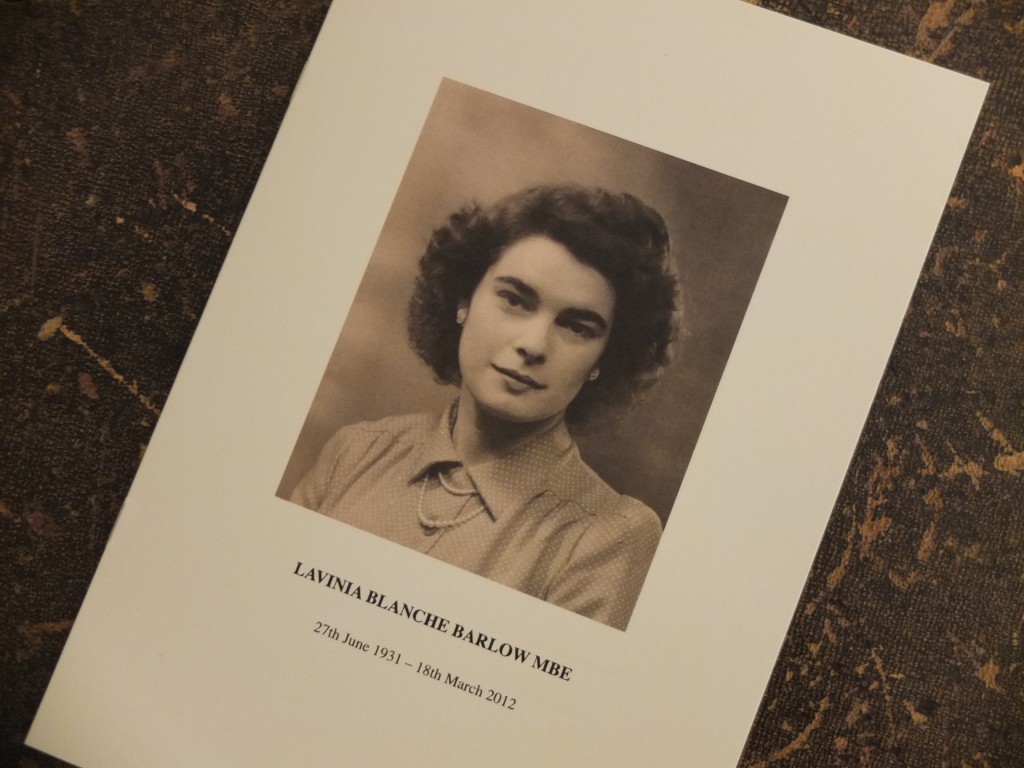 Those who write, post or comment on Long Distance Relationships (LDRs) – be they academics, altruists, cynics, sympathisers or those who are currently (or have been previously) themselves embroiled in such a situation – all concur that communication is vital, and that the nature thereof should be agreed in advance by negotiation between the parties concerned.
Those who write, post or comment on Long Distance Relationships (LDRs) – be they academics, altruists, cynics, sympathisers or those who are currently (or have been previously) themselves embroiled in such a situation – all concur that communication is vital, and that the nature thereof should be agreed in advance by negotiation between the parties concerned.
As you may have noted from previous posts, Kickass Canada Girl and I belong to the school of believers in frequent communication, however trivial or brief it may be. We are – for this and other reasons – immensely grateful that we did not have to endure this experience even five or ten years ago. Skype, email, SMS messaging and mobile devices such as the iTablet and smartphones have enabled global communication in a manner that would have been unimaginable to those who went before us. The idea of embarking on such a relationship with only landline telephony and airmail – let alone in the days when the only communication was handwritten and went by sea – just doesn’t bear thinking about. In this way – as in so many others – we are very lucky.
So important is communication considered to be to the health of an LDR that scientists and developers dedicate considerable effort and resource to enhancing it. Mary E. Morrison’s 2006 article – “How To Make Long-Distance Love Work” contains the following example:
“Cornell University scientists, for example, have started researching “minimal intimate objects” as a supplementary means of communication. Imagine both you and your partner spending your days at a computer. In the taskbar of your computer screen, you see a small box with a little circle. When you click on your circle, the corresponding circle on your partner’s screen lights up: a quick, one-bit message that’s nonintrusive but establishes an ambient awareness of you. As you work, you’re right there with each other.”
That’s not all. A UK company called Little Riot are about to launch a product called ‘Pillow Talk‘. Their publicity blurb claims:
“Pillow Talk is a project aiming to connect long distance lovers. Each person has a ring sensor they wear to bed at night, and a flat fabric panel which slots inside their pillowcase. The ring wirelessly communicates with the other person’s pillow; when one person goes to bed, their lover’s pillow begins to glow softly to indicate their presence. Placing your head on the pillow allows you to hear the real-time heartbeat of your loved one. The result is an intimate interaction between two lovers, regardless of the distance between them.”
The eight hour time difference between the UK and BC rather rules this one out, of course – quite apart from any other consideration!
Finally, for those who really can’t keep their hands off each other, Mara Siegler of Blackbook Magazine offers this weirdness:
“Before conquering us in a global revolution and turning the human race into fuel, robots may actually grow to love us, or at least make our romances better. Hooman Samani, a researcher at the National University of Singapore, has been experimenting with what he calls “Lovotics.” He’s given the metal beings the equivalent of human hormones so they can react to love and also created two totally creepy bots to help couples in long distance relationships.
The “Kissenger,” which sort of looks like a Pokemon reject, can be plugged into the computer while Skyping and supposedly feels like a real kiss. Don’t have a significant other to use this with? No worries, you can go solo.
Take a look. Either put the video on mute or jam out. Your choice.”
…and at this point I stop looking – before things get even more bizarre.
In response to my last post on the subject of LDRs the Girl sent me a one line comment expressing her view. It reads:
“Hmm, nobody seems to sum it up the way I do – it sucks!”
I totally agree. One result of our recent cogitation on the nature of our long distance relationship is that we really don’t want to have to keep it up for two years. We are, therefore, reworking our schedule based on my ‘retirement’ being moved forward to the summer of 2013.
More of this anon!


















Recent Comments